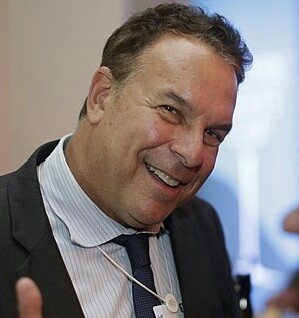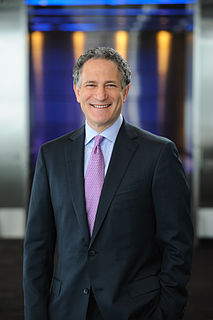A Quote by Robert F. Engle
Credit default swap gives you something to do. You can buy some credit default swaps from them to protect yourself against the bankruptcy of people who owe you money.
Related Quotes
I think the credit default swaps can take the place of the rating agencies who really have missed the ball in this procedure and are quite conflicted by the way the ratings are paid for. So, I would like to see credit default swaps become an evermore important way of understanding credit risk in the economy.
The money has to be deferred with what they call "clawback," which means they can get it back if I lose it all. So that guy making ten million a year selling credit default swaps, if we're going to keep five million of it in escrow for ten years, and with the right to go back and get it, if he starts losing money, then we're going to give people the right incentives not too take so much risk.
The best companies with the strongest credit ratings borrow like the United States: on a non-prioritized basis. This means that in the event of a default, all of their debts are of equal priority because lenders and creditors believe default is highly unlikely. And they spend considerable effort maintaining this status.































